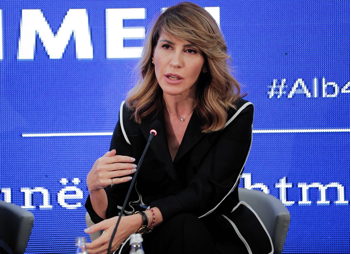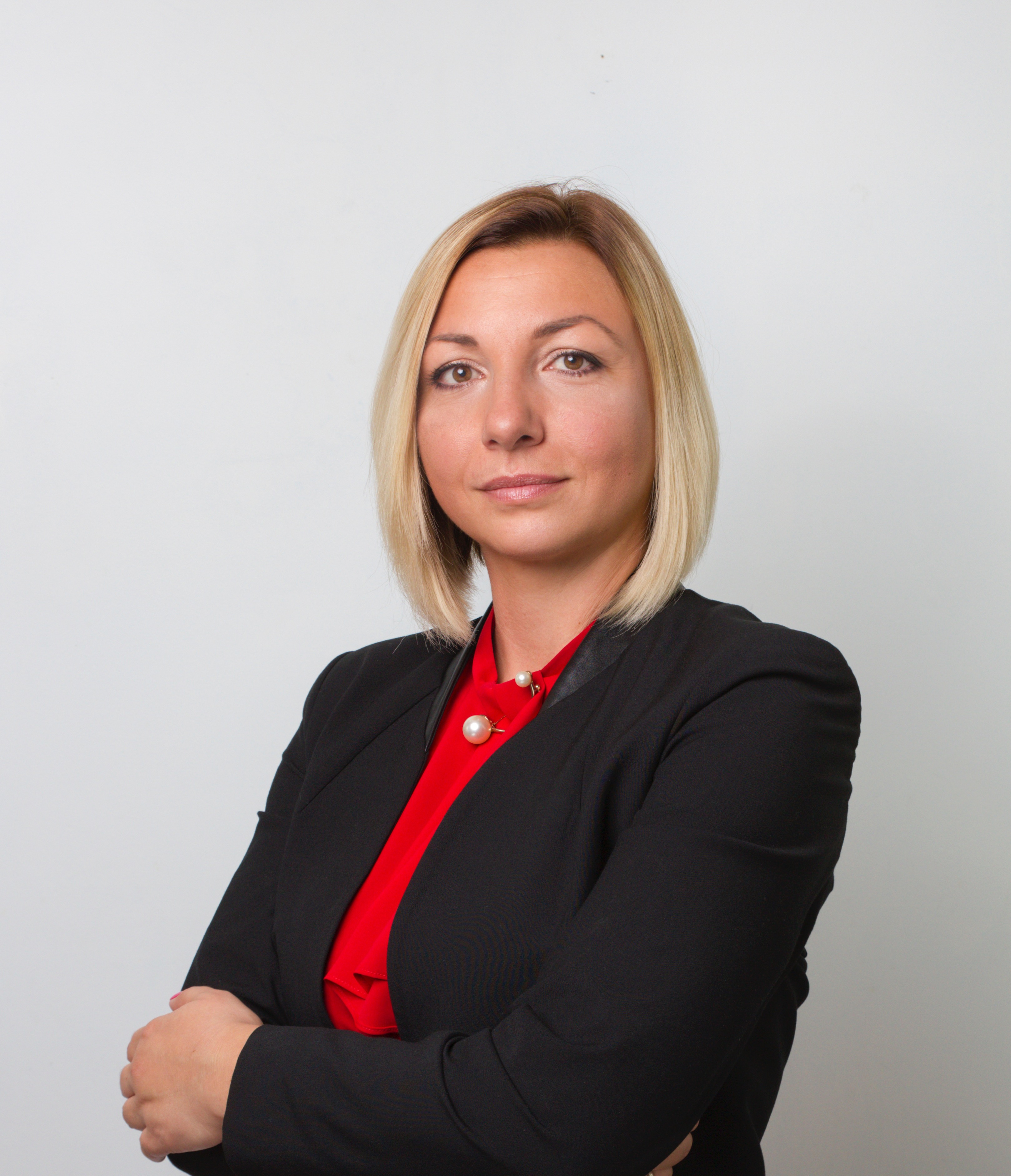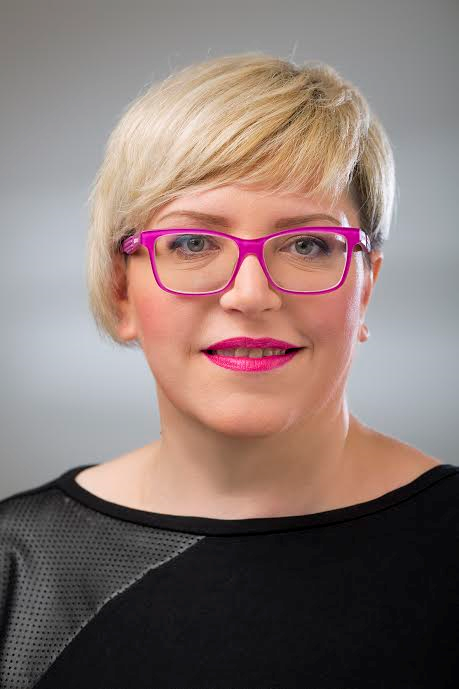Session 8: Why More Women? (With the Support of the Swedish Institute and Canada Fund)
Discussion Topics:
- Can women in the Balkans rise up to become actors who will provide an alternate vision of the region?
- What is the developmental and political concept of the region that the women could bring to the table as an alternative to the New Normalcy?
- In what ways can woman leadership advance policies in the Balkans, but in Europe as a whole?
- How can women cope with internal challenges for participating in policy-making, both within their political parties and Balkan societies?
Background:
The most potent strategy for accomplishing the preservation of peace is development – human development and development of societies. Promoting the role of women in the social, political, and economic spheres is indispensable if we want to remain on the developmental track and achieve the UN Sustainable Development Goals (SDGs).
More and more women in the Western Balkans are developing entrepreneurship initiatives. Comparing to the past, the vast number of them are enrolling and completing higher education. Recently, they have matched their male colleagues on post-graduate university studies. In the words of Eric Hoffer, “In a world of change, the learners shall inherit the earth, while the learned shall find themselves perfectly suited for a world that no longer exists.” Women on the Balkans are proving to be capable learners, responding to the ever-changing circumstances of contemporary developing world. Can they, as such, provide a potent response for the era of new normalcy? Securing peace and stability in the Balkans could not only mean promoting new peace policies, but adopting new narratives and approaches to development and policy design altogether. Shouldn’t the women actors be the ones that can bring “thinking out of the box” to the table and push towards such developments?
The picture is not that simple. The gap in education and skills is more easily overcome than the one in economy or decision-making. Certain WB countries have taken some steps towards the enhancement of nominal opportunities for women in politics (e.g. introducing the gender quotas for National Parliaments). However, the most recent data shows that gender equality in the decision-making is still on the very low level, especially on the local level (Republic of Serbia, Commissioner for Protection of Equality, 2017), while there are almost no relevant political parties in the region led by a woman. For those women who do rise up to decision making positions, securing the support of their colleagues, parties and public for the developmental or an alternative agenda remains an ongoing challenge. Despite being on the side of progressive social movements oriented towards peace and development and having vast experience that is necessary for both Western Balkan region and Europe today, women on the Balkans remain underrepresented and without sufficient opportunities to voice and implement their alternative approaches in economy, political and policy arenas.
There is evidence that the female leadership style contributes to the benefits of diversity, while one study found that female policy-makers in Switzerland change the composition rather than the total size of public expenditures, re-orienting resources towards investments in health and environmental issues.
Could the promotion of gender equality in the decision-making and the empowerment of women be way towards building not only more peaceful, but more prosperous region as well? The aim of the session is to probe beyond the UN resolution 1325 and explore further possibilities and opportunities for active women engagement in the national and regional politics and policy-making, with the potential goal of bringing new narratives into political arena and fueling regional cooperation through applying feminist and innovative approaches.
Selected Readings:
- Jessica Faieta, february 2018, More women in decision-making positions in business benefits all
- Rosa Linda T. Miranda, 2005, Impact of women’s participation and leadership on outcomes,
- Paola Profeta, 2017, Gender Equality in Decision-Making Positions: The Efficiency Gains,
- Mirjana Dokmanović, 2016, Gender analysis for Serbia
- Gender Equality Index 2015 – Measuring gender equality in the European Union 2005-2012:
- Marie O’Reilly, October 2015, Why women?,
Previous BSF Sessions on Similar Topics:
- 2017 – Session 4: Women of the Balkans for New Politics
- 2016 – Meeting: Follow Us: Women Promoting Peace and Security
- 2014 – Plenary Panel 3: Could 1325 Be a New Frame of Reference: From Local to Global and Back
- 2011 – Main Panel 3: Women Leaders in Security Sector






